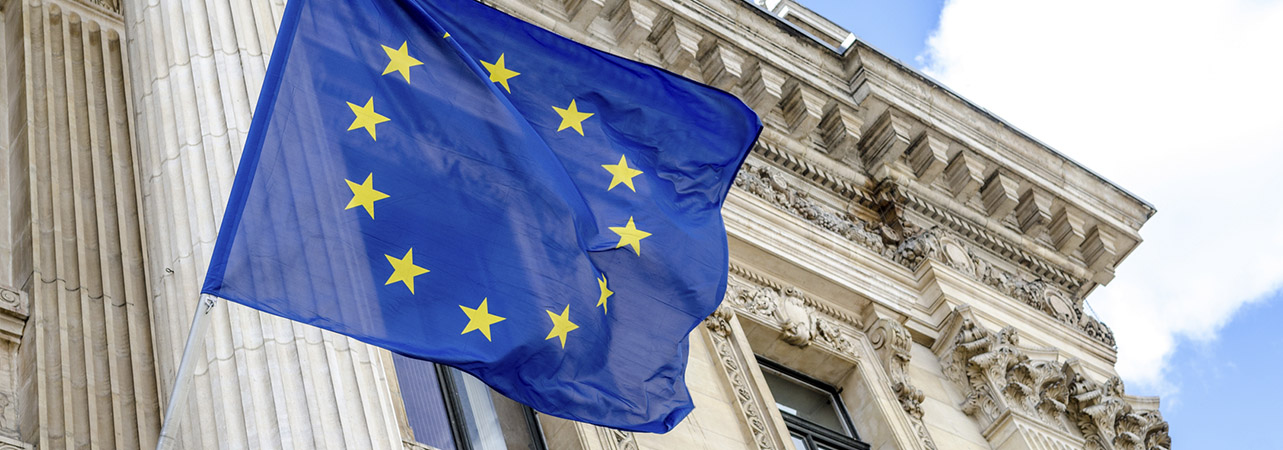After considerable wrangling, the UK and EU have finally agreed a deal. Why aren’t financial markets more excited?
- The UK has secured a trade deal with the EU, but financial market reaction has been muted
- The FTSE 100 has risen, but still has considerable ground to make up after recent poor performance
- The deal is limited in scope and had been widely expected. Certainly for UK businesses is still some way off
The eleventh hour Brexit deal brought some pre-Christmas cheer for beleaguered investors in the UK stock market. Despite some bold talk, there can be little doubt that a ‘no deal’ would have brought considerable disruption, keeping international investors away and ensuring that UK asset valuations remained depressed.
That said, the reaction to the deal has hardly been euphoric. The pound has yet to regain any ground against the Euro and is only marginally higher against the Dollar. The FTSE 100 has clawed back some lost territory from its lows of 5,577 in October to its current level of 6,761, but this needs to be set against a climate of generally rising markets and its dramatic underperformance of other global markets over the past four years.
For some time, UK equity managers have suggested that it was the lack of certainty holding back UK stock markets. If the path ahead was clear, they argued, UK equities could find their true valuation levels. Why haven’t they?
The first problem is that the deal does not bring certainty, at least to some industries. It’s a pretty skinny deal, with some glaring omissions such as financial services. George Lagarias, chief economist at Mazars, says: “This is still a “Hard Brexit”, with many unknown variables as to how the complex divorce will work out.”
James Athey, an investment director at Aberdeen Standard Investments points out that the deal allows tariff and quota free trade in goods where the EU has a bilateral surplus, but not services where the UK has a bilateral surplus. Financial services are an important part of the UK’s economy and talks are still ongoing, leaving companies in limbo.
In economic terms, the UK has avoided a worst case scenario, rather than securing a good one. Estimates of the potential hit to the UK economy from a no deal were around 4% of GDP, or £83bn. Add in the cost of the pandemic and the UK would have been condemned to long-term sluggish growth. Despite all Boris Johnson’s bluster, no deal would have been a very risky strategy.
As it was, the UK and EU did largely what was expected and no more. Markets are not fooled by politicians’ euphoric reaction. There is much detail still to emerge over the next few months and some uncertainty remains for UK companies. Brexit is a process not a moment in time.









